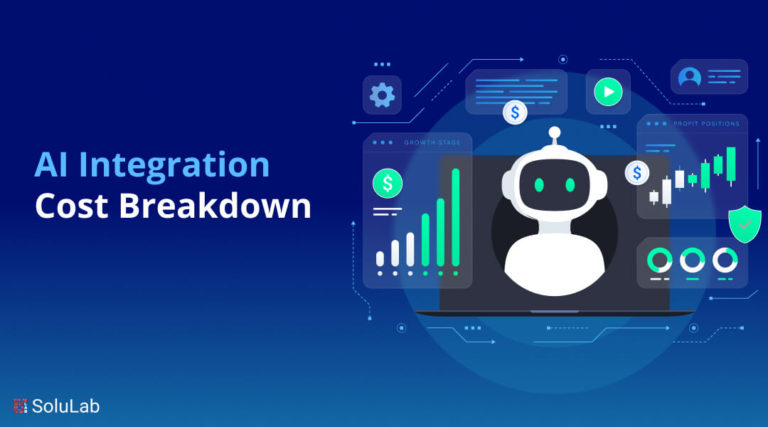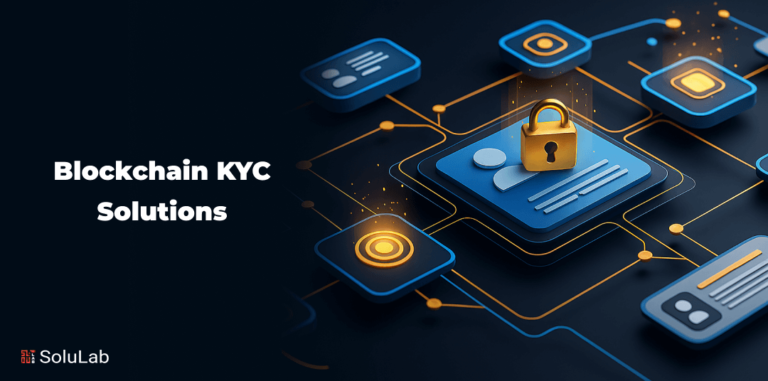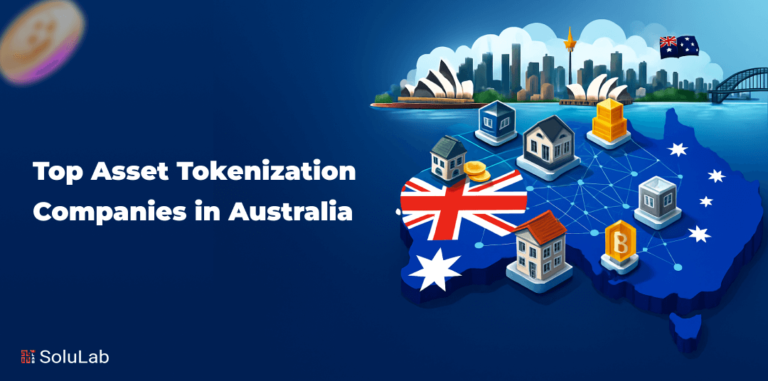Different degrees of decentralization are used in blockchain games as part of their gameplay. They enable true ownership of digital objects via game coding and smart contracts.
Interoperability across games, player-based economies, and monetization gaming methods is also enabled by blockchain technology.
The emergence of blockchain games has flipped the gaming industry on its head by making players, rather than producers, the primary financial decision-makers.
P2E, or Play-to-earn crypto gaming, is a growing trend that should not be ignored.
Technological process and cost of blockchain game development.
Blockchain game creation will be a steep learning curve if you’ve never dealt with blockchain technology before. However, if you comprehend the technology and put it to use, you will realize how it may open up new options for your firm.
So, how does one go about creating a blockchain-based game?
Investigate blockchain technology in detail and consider what it may add to your game.
You’ll need to learn how the public blockchain works and what its benefits and drawbacks are, as well as how decentralization affects players’ experiences. Learn about blockchain consensus processes, hash functions, and cryptography as well.
Explore current blockchain systems and choose the best one for your needs.
The Ethereum blockchain serves as the foundation for the majority of crypto games. Aside from reading the instructions for this platform, it is also strongly advised that you do some research on how effectively other games are operating on this blockchain.
However, it is also worthwhile to learn about other blockchain systems such as Flow, Echo, EOS, Solana, and WAX. Perhaps one of these will be ideal for your next game.
Acquire knowledge of data structures, databases, and programming languages.
Many developers are acquainted with programming languages such as C++, Python, and JavaScript, but Solidity and Cadence—languages built particularly for blockchain —may be unfamiliar. When it comes to databases, make sure to learn more about BigchainDB, MongoDB, LevelDB, and CouchDB.
Improve your smart contract creation abilities.
Smart contracts are one of the most important components of any blockchain application, so a blockchain game developer must comprehend the idea as well as know how to design, test, and deploy them.
Creating a hack-free environment for players
Although blockchain provides greater security, no technology is completely impenetrable. As a result, blockchain game creators must work hard to build a genuinely hack-resistant environment. They should assess and remove possible hazards like theft of private keys, code exploitation, and illegal modifications to blocks.
Ensuring the security of transactions
Developers must also consider the security of transaction endpoints like wallets and payment systems. Even if the blockchain is completely safe, a compromised wallet may cause major issues for both game businesses and gamers.
Hire a professional blockchain developer.
You have another choice as a video game creator: hire a professional blockchain developer. A team like this will provide advice on all elements of blockchain technology deployment and will create a gaming platform that is entirely immune to interruptions and DDoS assaults.
Determining the cost of game development
When it comes to the cost of producing blockchain games, the figures might vary greatly. The cost is typically determined by the complexity and design of the future game, the technologies used, the number of app versions and platforms (Android, iOS, PC, and so on), and even the geographic location. Prices typically begin around $30,000.
Is it possible to make money from playing blockchain games?
The use of cryptocurrencies for in-platform payments, as well as the use of NFTs, are two features that set blockchain games apart.they enable users to possess unique assets that may be exchanged with other players inside the same game or moved across platforms, NFTs are an important step forward. And, much like in real-world economies, you may profit from markets inside blockchain games.
The most devoted gamers may receive monetary prizes for their efforts, while those with creative talents can develop and sell valuable objects. The opportunity is enormous, and game makers are just getting started.
Some people enter the gaming sector just to become investors, while others make it their full-time profession.
How do blockchain games assist players and developers?
To safeguard crypto token transactions, blockchain systems use incredibly sophisticated data encryption technologies such as the private key-public key pair. These data encryption algorithms are difficult to penetrate with today’s computer technologies.
Aside from that, hackers will be unable to damage a decentralized blockchain network since there is no one server to attack. Nodes share the maintenance of distributed databases, and each node has full access to the database.
Hackers are unable to erase or change previous transactions on the blockchain, nor can they launch a ‘Distributed Denial of Service’ (DDoS) assault against these networks. Blockchain networks employ ‘Proof of Work‘ (POW) or other consensus mechanisms to ensure network security.
When you construct your game on the blockchain, you have a safe environment as a game entrepreneur or developer.
How can blockchain games assist players?
- Players get real-world advantages from the game’s rewards as well as by selling their virtual assets on decentralised exchanges.
- Players are not reliant on pricing and rules imposed by developers when they trade products on a decentralised exchange.
- The quality of the game has improved for the players.
What are the advantages of blockchain games for developers?
- Game developers now have new options to monetize gaming.
- Developers might entice more gamers by offering additional cash incentives.
- Developers may bypass the intermediaries (external digital marketplaces).
Why should you try crypto games?
Players’ desire to monetise their gaming talents and the time they spend in front of a screen is nothing new.
Blockchain gaming opens up dozens of new possibilities. You will not only be able to earn money in transparent and fair virtual economies, but you will also have genuine ownership of game assets and will be effectively a stakeholder by contributing to a community-driven ecosystem (DAO) and having your opinion heard on game-related matters.
None of this was conceivable in conventional, centralised gaming, and as more crypto games arise, the greater the motivation for more people to participate in more equitable and transparent virtual experiences.
Top Blockchain Games to Look Out For
Gala
Gala Games, a blockchain gaming platform, and C2 Ventures, a crypto investment firm, have formed a $100 million fund to invest in blockchain-based P2E games, metaverse settings, and other ventures.
Gala Games claims that the fund will invest in game creators and decentralised gaming ventures.
Ciara Sun, the former head of blockchain investments at Huobi Global, founded C2 Ventures, a crypto investment firm.
Gala Games announced the appointment of Huobi Global as a partner in an advisory capacity for initiatives including marketing and Web 3.0 growth. Furthermore, the cryptocurrency exchange will work with teams to offer future tokens.
According to e-sports analytics company Newszoo, global gaming revenue is predicted to exceed $200 billion by 2024.
Sandbox
In this virtual realm, known as the metaverse, players may own land, create, play, and engage in virtual adventures. You may monetise the experiences you create inside the metaverse by owning a sandbox plot of virtual land, which might be an attractive hobby for artists or tiny devs who aren’t comfortable with other gaming engines.
It is possible to use the SAND token to purchase and sell all Sandbox features, and this helps to keep expanding this metaverse in the long run. In addition to acquiring and selling virtual property, players may trade NFTs, which can be used to customize their avatar’s appearance.
To compete with Minecraft and Roblox, Sandbox has developed a robust community of users who can participate and share ideas in order to spur more creativity on the platform.
Axie Infinity
Axie Infinity is the most popular blockchain game in the Philippines, with many younger folks abandoning their jobs to earn $2k monthly.
Players in Axie Infinity may earn $SLP by playing the game. While AXS is the governance token, it is the most analogous to holding shares in a company. These tokens let holders vote on and propose modifications to the Axie Infinity platform.
Lightnite
Lightnite, created by the same company that created the Bitcoin arcade game portal Satoshi’s Games, has been described as a Fortnite-like battle royale game. This online multiplayer game pays players in Bitcoin for shooting other players, and all microtransactions are enabled by the Lightning Network.
Players who master the game and shoot more opponents have a better chance of earning more Bitcoin. Players who are shot, on the other hand, are fined and lose Bitcoins. Lightnite’s. The Elixir Marketplace platform allows all in-game assets to be tokenized and swapped.
Decentraland (MANA)
Decentraland is an application based on Ethereum aimed at encouraging a worldwide network of users to manage a shared virtual environment.
Decentraland users may explore, interact, and play games in this virtual world. All this is possible while buying and selling digital real estate. Because of the platform’s growth, users may now utilise interactive applications, in-world payments, and peer-to-peer interaction.
ZED RUN
A horse is represented by NFTs in the blockchain game ZED RUN. Each horse has its own set of strengths. You may end up with a champion stallion, or your horse may be better suited to being a stud.
Conclusion
We have seen many advancements in gaming as a result of blockchain technology. P2E models, or play-to-earn models, NFTs, and real-world ownership of in-game objects are all examples of decentralisation.There is still a long way to go before blockchain games become mainstream. However, the technology has the potential to flourish and establish itself as a distinct category within the gaming industry.




